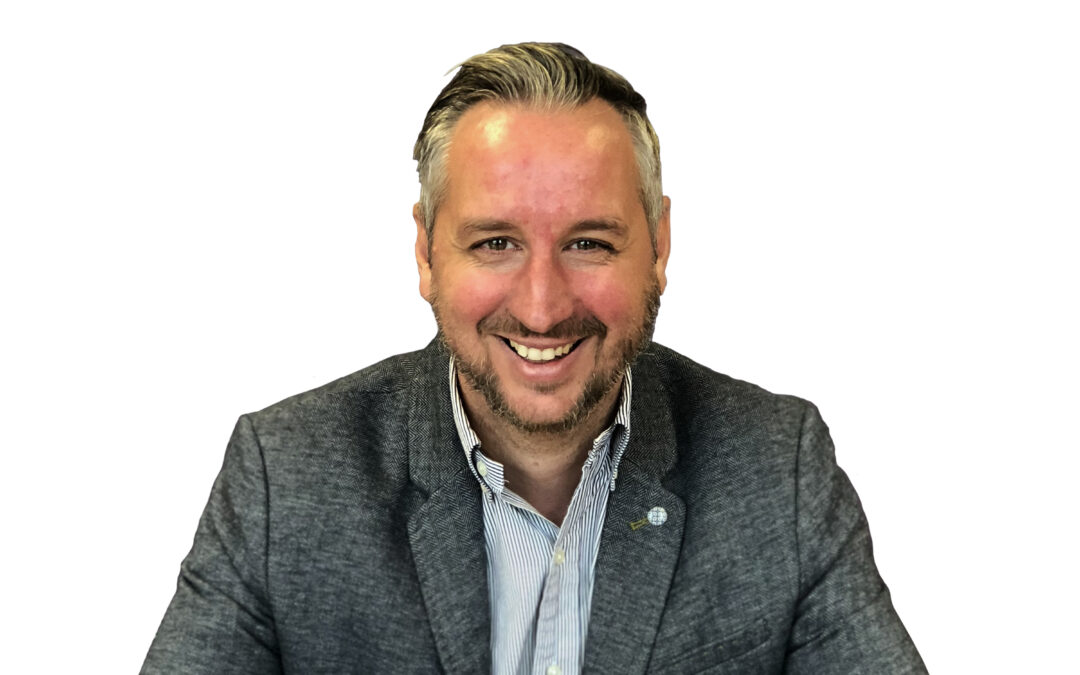Originally published in Bridging & Commercial.
William Lloyd-Hayward, Group COO officer at Brightstar Group — one of the co-founding firms of the Mortgage Industry Mental Health Charter (MIMHC) — has expressed the company’s advocacy for working in the office and the benefits it has on people’s mental health.
According to William, hybrid working “can lure people into a trap of spending more time in one place”, completing their usual working hours but doing it “wholly at their desk in front of a screen”.
“We’ve been real advocates of getting back into the office, not just for what we think is best for the business, but for what’s best for people and we view — having spoken with our staff — that having that vision where they can get out of the home and get into their office, is really good,” he added.
For those working from home, William advises to try to break the cycle by taking walks or doing activities around the house to take breaks from TV and computer screens.
Looking ahead, he predicted a greater move back to office work: “We’re already starting to see it with some of our own lender partners [and] I think we might see a further shift in the future.
“But that doesn’t stop employers being flexible — we support staff with early leaving and late arrivals if they’ve got school runs to do or if they want to see sports days and all those sorts of things.
“You can be a flexible employer and have staff in five days a week, and I refer to it as the ‘hybrid’ in that sense.”
William also commented on the results of the annual MIMHC revealed earlier this week, saying he was pleased with the number of respondents — which is up over 40% — indicating that “more people are aware of the charter and are engaged in mental health agendas within their own businesses.”
When asked why he thought 40% of brokers still don’t have access to mental health support at work, William implied it’s a case of “business survival”.
He stressed that it wasn’t that businesses are placing mental health at any less importance in terms of supporting staff, but “at points, it’s not the number one priority.”
He also mentioned how part of the reason people aren’t seeing an improved access to support could be because firms are not signposting where people can go to get the support they need — internally or externally — and he believes the industry could be doing more to showcase what is available.
When it comes to brokers’ sleeping habits, the survey results revealed that 18% don’t get enough sleep on any night of the week — responding to this, William alluded to the need for balance.
“Whether it’s sleep, the diets we have, the exercise we do, the work life balance we have in terms of stress levels — all these pieces of the puzzle can help you be better personally and professionally if you just try and pick up on some of them.”
“This leads us to just try and encourage people to find small habits and improvements that they can change, [rather than] trying to do everything at once.”
An example of when William made a simple change himself is when he swapped his screentime before bed and on the train for reading instead. He said his goal this year is to read 20 books and that “we all need to make sure we’re resting enough [and are] not addicted to our PCs.”
His final comments were on how he wants to grow the number of charter members: “It’s six simple pledges that cost you nothing but a bit of focus, involving staff, naming your contact and providing employers with support.
“Look at the charter, sign up and keep talking about mental health in your workplaces.”






